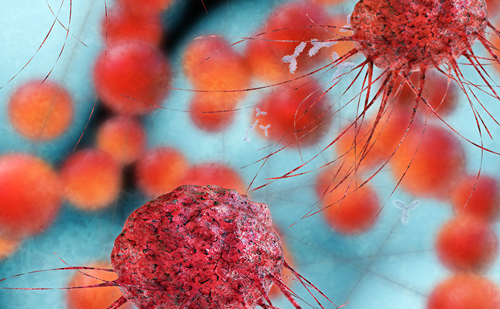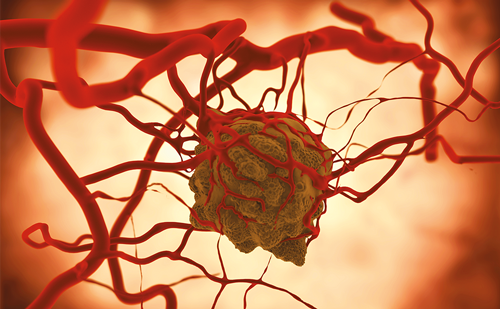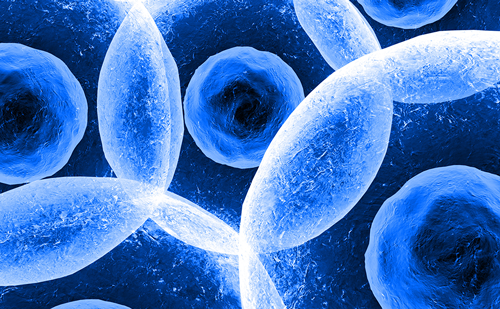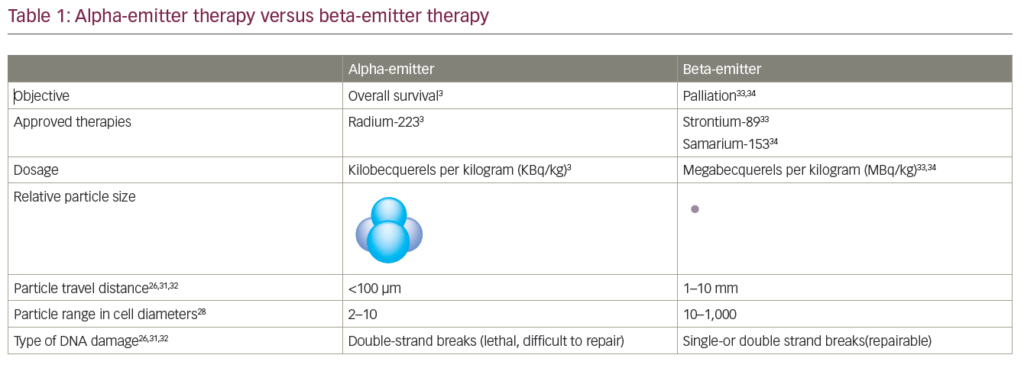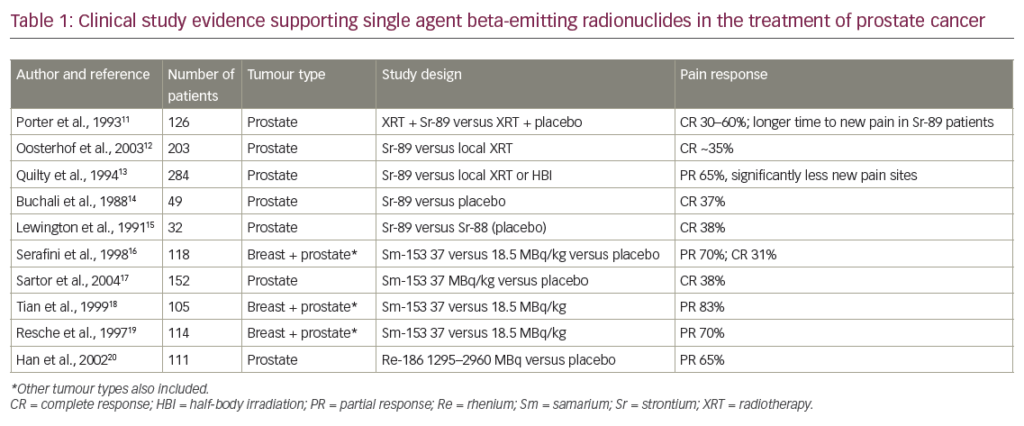Prostate cancer is the most common malignancy in western societies and the second most common cause of male cancerrelated death in the UK.1,2 When confined to the prostate gland, the disease is potentially curable with local therapy (radical prostatectomy or external-beam radiotherapy). However, in the UK one in five men has metastatic prostate cancer at presentation, and 15–33% of men fail local therapy and develop incurable metastatic disease.3,4 Evidence emerging over the past five years has increasingly identified androgen receptor (AR) signalling as critical to all stages of the disease, and the terminal, incurable stage of prostate cancer is now widely referred to as castration-resistant prostate cancer (CRPC) in preference to the previously utilised terminology hormone-refractory prostate cancer.6
Current Treatments for Castration-resistant Prostate Cancer
Activation of the androgen receptor (AR) regulates transcription of a diverse range of target genes involved in prostate cell proliferation, differentiation and apoptosis.6 Drugs that reduce circulating levels of androgens or that competitively inhibit the action of androgens at the AR (anti-androgens) remain central to the treatment of prostate cancer. Gonadotrophin-releasing hormone (GnRH)/luteinising-hormone-releasing hormone (LHRH) agonists, such as goserelin and leuprorelin, inhibit luteinising hormone (LH) secretion and suppress testicular testosterone generation (medical castration). Castration is the first line of treatment for the majority of patients with metastatic prostate cancer. Virtually all patients have a biochemical and clinical response to medical or surgical castration. The duration of response varies significantly from less than 12 months in some patients to several years in others.4 The adverse effects of androgen deprivation therapy include osteopenia or osteoporosis with attendant danger of bone fracture,7 loss of muscle mass, lowgrade anaemia, sexual dysfunction, hot flushes and gynaecomastia, all of which may reduce quality of life, and there is low-level evidence that androgen deprivation therapy (ADT) may hasten cognitive decline. There is no approved strategy to prevent the adverse metabolic effects of ADT, and as more men are diagnosed with prostate cancer and at a younger age, the scale of the health problem secondary to long-term ADT may increase significantly.8
To read full article please click here





